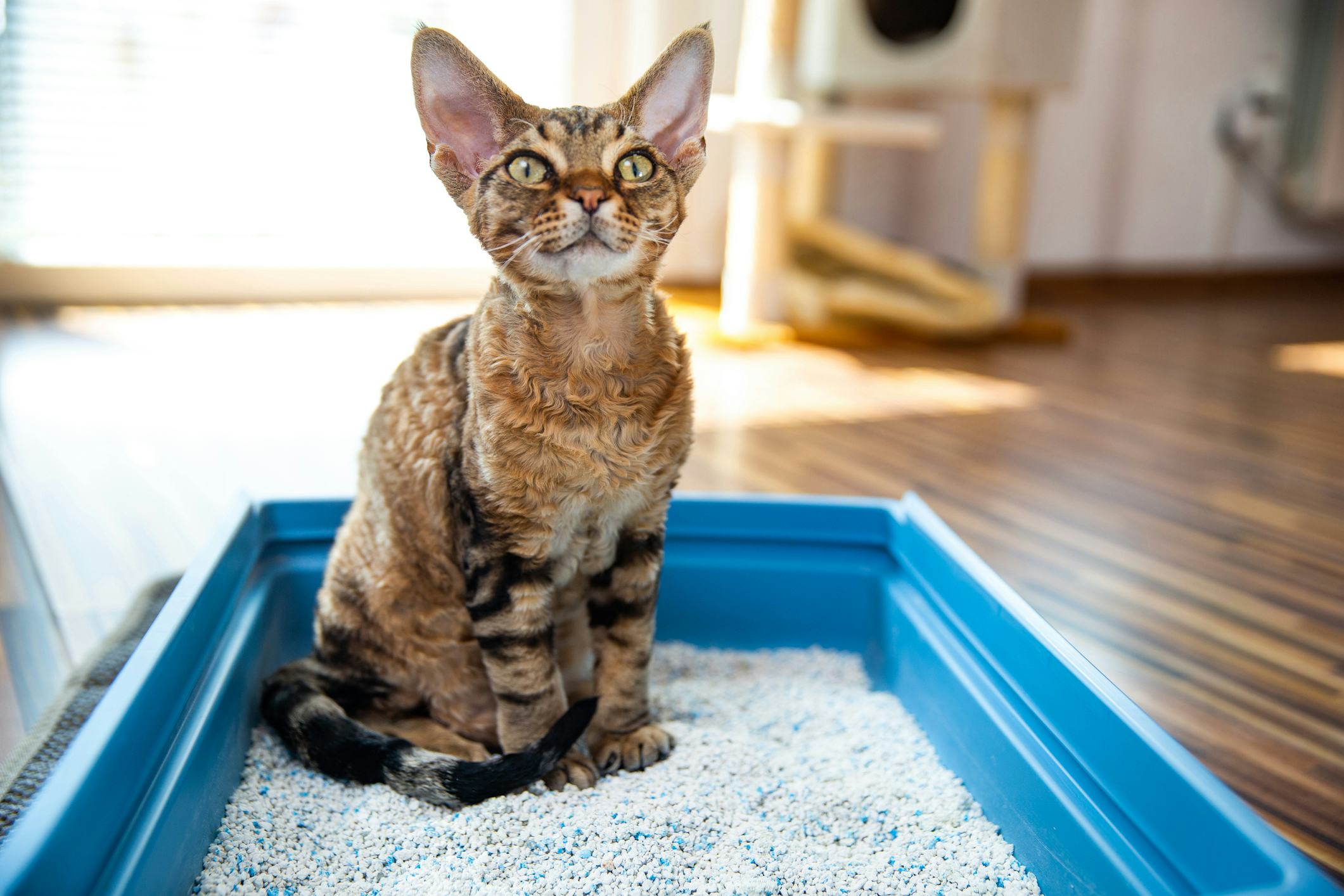The article in the next paragraphs on the subject of How to Dispose of Cat Poop and Litter Without Plastic Bags is rather entertaining. Check it out for yourself and see what you think of it.

Introduction
As pet cat owners, it's essential to be mindful of how we dispose of our feline friends' waste. While it might appear practical to purge feline poop down the bathroom, this technique can have harmful effects for both the environment and human health and wellness.
Alternatives to Flushing
The good news is, there are much safer and much more accountable ways to get rid of feline poop. Consider the following choices:
1. Scoop and Dispose in Trash
One of the most common technique of dealing with cat poop is to scoop it into an eco-friendly bag and throw it in the garbage. Make certain to use a committed litter inside story and deal with the waste quickly.
2. Use Biodegradable Litter
Go with naturally degradable pet cat clutter made from materials such as corn or wheat. These litters are environmentally friendly and can be securely dealt with in the garbage.
3. Hide in the Yard
If you have a backyard, take into consideration burying cat waste in an assigned location far from vegetable gardens and water resources. Be sure to dig deep adequate to stop contamination of groundwater.
4. Mount a Pet Waste Disposal System
Buy a pet waste disposal system especially created for feline waste. These systems utilize enzymes to break down the waste, minimizing smell and ecological effect.
Health and wellness Risks
Along with environmental worries, flushing feline waste can likewise pose health risks to people. Cat feces may contain Toxoplasma gondii, a bloodsucker that can trigger toxoplasmosis-- a possibly serious ailment, specifically for expecting women and individuals with weakened body immune systems.
Environmental Impact
Flushing feline poop introduces damaging pathogens and parasites into the water system, posing a considerable threat to aquatic ecosystems. These contaminants can adversely impact aquatic life and concession water top quality.
Final thought
Responsible pet dog possession prolongs past supplying food and sanctuary-- it also entails appropriate waste monitoring. By avoiding flushing feline poop down the commode and choosing different disposal techniques, we can lessen our ecological footprint and shield human health and wellness.
Why You Should Never Flush Cat Poop Down the Toilet
A rose by any other name might smell as sweet, but not all poop is created equal. Toilets, and our sewage systems, are designed for human excrement, not animal waste. It might seem like it couldn’t hurt to toss cat feces into the loo, but it’s not a good idea to flush cat poop in the toilet.
First and foremost, assuming your cat uses a litter box, any waste is going to have litter on it. And even the smallest amount of litter can wreak havoc on plumbing.
Over time, small amounts build up, filling up your septic system. Most litter sold today is clumping; it is made from a type of clay that hardens when it gets wet. Ever tried to scrape old clumps from the bottom of a litter box? You know just how cement-hard it can get!
Now imagine just a small clump of that stuck in your pipes. A simple de-clogger like Drano isn’t going to cut it. And that means it’s going to cost you big time to fix it.
Parasitic Contamination
Believe it or not, your healthy kitty may be harboring a nasty parasite. Only cats excrete Toxoplasma in their feces. Yet it rarely causes serious health issues in the cats that are infected. Most people will be fine too if infected. Only pregnant women and people with compromised immune systems are at risk. (If you’ve ever heard how women who are expecting are excused from litter cleaning duty, Toxoplasma is why.)
But other animals may have a problem if infected with the parasite. And human water treatment systems aren’t designed to handle it. As a result, the systems don’t remove the parasite before discharging wastewater into local waterways. Fish, shellfish, and other marine life — otters in particular — are susceptible to toxoplasma. If exposed, most will end up with brain damage and many will die.
Depending on the species of fish, they may end up on someone’s fish hook and, ultimately on someone’s dinner plate. If that someone has a chronic illness, they’re at risk.
Skip the Toilet Training
We know there are folks out there who like to toilet train their cats. And we give them props, it takes a lot of work. But thanks to the toxoplasma, it’s not a good idea.

As a person who reads on Can You Flush Cat Poo or Litter Down the Toilet?, I imagined sharing that piece of content was worth the trouble. Are you aware of anybody else who is intrigued by the subject? Do not hesitate to share it. Thanks so much for taking the time to read it.
Schedule Appointment